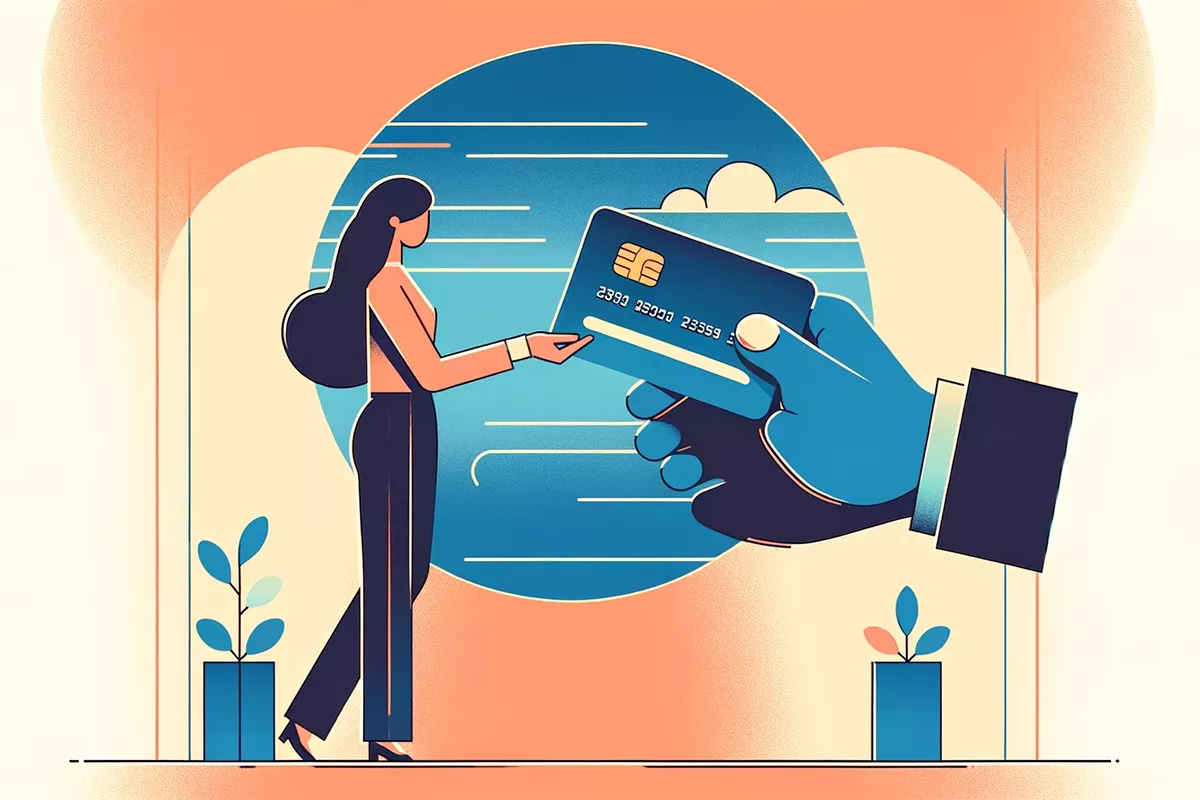Only 18% of Americans didn’t own a credit card in 2022, according to the Economic Well-being Report of the Federal Reserve. The report also found that the majority of those who didn’t own a credit card were in the 18-29 age bracket.
Based on this data, it’s quite likely that the percentage of Americans who don’t own a credit card, just haven’t gotten around to applying for one yet. Fortunately, it’s easier than ever to apply for your first credit card.
What is Required to Get a Credit Card?
The minimum age required to apply for a credit card is 18, but the Credit CARD Act of 2009 requires those who are below the age of 21 to provide proof of independent income. The rest of the requirements are as follows:
- Social Security Number (SSN)
- Mailing Address
- Employment Status
- Income Information
- Debt Information
- Credit History
Why Should You Use a Credit Card
If you’re applying for a credit card for the first time, you’re probably wondering if it’s even worth the hassle. And while credit cards have gotten a bad rap over the years (which explains why more people are jumping on the BNPL wagon), a properly used credit card offers a lot of benefits.
One of the biggest benefits of a credit card is its capacity to build your credit. Swapping your debit card for a credit card when it comes to your regular purchases can have a significant impact on your credit score. Of course, this impact can either be positive or negative depending on your card usage.
Credit cards can also act as a financial cushion during emergencies. If you’re strapped for cash then your credit card limit is basically a pre-approved loan that you can tap into. Unfortunately, if you don’t pay off your balance each month, this can also result in a vicious cycle of debt.
Finally, credit cards can help you in organizing your finances. Since your bank will send you your credit card statement every month, you can easily keep tabs on where your money went. Better yet, some banks even categorize your purchases which is useful when it comes to budgeting.
How to Choose Your First Credit Card
According to the 2023 Consumer Credit Card Market Report of the Consumer Financial Protection Bureau (CFPB), these are the approval rates for general-purpose credit cards according to credit scores in 2022:
| Credit Score Range | Approval Rate |
| Super Prime | 86% |
| Prime Plus | 79% |
| Prime | 63% |
| Near-prime | 41% |
| Sub-prime | 17% |
| No Credit | 20% |
While the approval rates have increased since 2020, those who have a credit score range of near-prime and below can’t afford to be picky when it comes to their first credit card.
In fact, for your first credit card, your best option is to use the Pre-qualification or Personalized Offers pages of your chosen issuer to find out which cards you’re most likely to get approved for.
Here is a list of banks that offer pre-qualification services (as well as the links to the aforementioned pages):
Once you’ve narrowed down your options using these pre-qualification pages, all that’s left to do is choose the credit card with the most impactful rewards according to your spending habits.
Summary
To apply for a credit card for the first time, you’ll need to prepare the following requirements: Proof of Independent Income (for those below 21 years of age), Social Security Number (SSN), Mailing Address, Employment Status, Income Information, Debt Information, and Credit History.
To maximize your chances of getting approved, be sure to take advantage of the pre-qualification services offered by most banks. If your options are limited to secured credit cards, choose one that allows you to seamlessly upgrade to an unsecured card once you meet the requirements.



